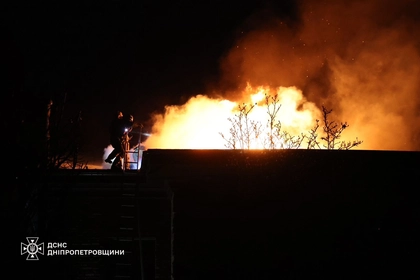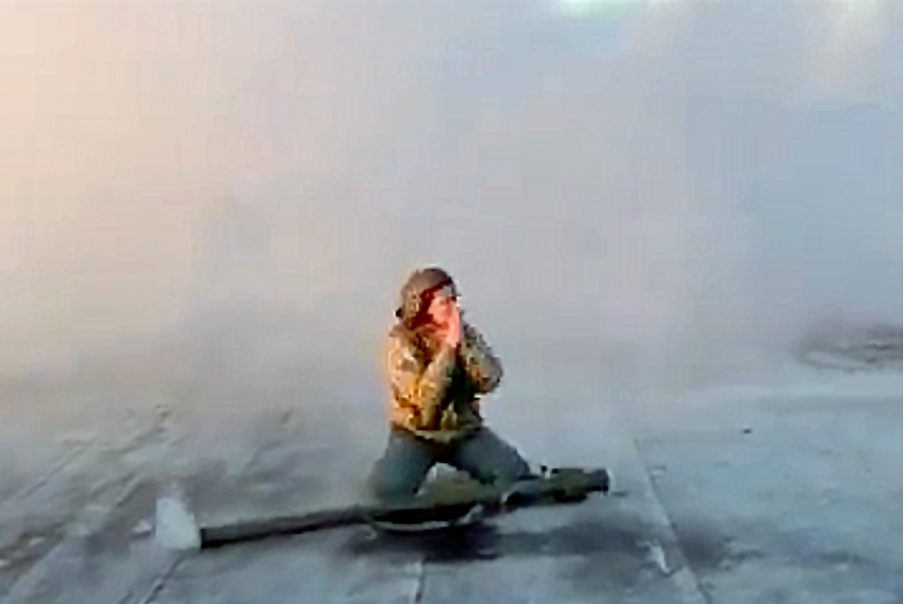Russia and Ukraine have started preliminary discussions leading to the halting of attacks on each other’s energy infrastructure, according to the Financial Times, citing diplomatic sources. Ukrainian officials reportedly aim to revive talks, which were postponed following Kyiv’s incursion into the Kursk region, with Qatar’s mediation.
One source described the talks as “very early discussions” about the possibility of resuming formal negotiations. However, a former senior Kremlin official suggested that Russian President Vladimir Putin would likely oppose any deal until Russian forces regain control of the Kursk region from Ukraine’s military.
JOIN US ON TELEGRAM
Follow our coverage of the war on the @Kyivpost_official.
Meanwhile, a senior Ukrainian official stated that Kyiv intends to continue targeting Russian facilities, including oil refineries, to push Moscow toward negotiations.
Ukrainian officials revealed that in late 2023, Kyiv and Moscow reached an informal agreement to avoid striking each other’s energy facilities, resulting in Russia holding back on large-scale attacks on Ukraine’s infrastructure that winter.
However, when Ukraine resumed drone strikes on Russian oil sites, Moscow considered the agreement breached, according to Financial Times sources.
The Ukrainian Channel 24, citing anonymous sources, reported that the President's Office labeled the article as deliberate disinformation aimed at discrediting Ukraine’s operation in Kursk.

Did Russia Launch an ICBM at Ukraine for the First Time? Here’s What We Know
The source clarified that, as part of the peace formula, restoring energy, food, and other aspects of security is indeed necessary. However, the obstacle lies in Russia’s unwillingness to pursue these goals - not in the Kursk operation.
"This is all fake—the idea that the Kursk operation allegedly disrupted negotiations in Qatar or that Russia was allegedly prepared for some form of compromise," the Channel 24 source stated.
According to the source, the purpose of the FT article is not to focus on Qatar but to undermine the Kursk operation and place the blame back on Ukraine.
“The Russians spread this narrative from multiple sources, so they can later accuse Ukraine of failing to act on something Russia itself did not intend to pursue,” the source added.
Putin's press secretary, Dmitry Peskov, responded to the FT article, also dismissing it as baseless.
Previously, The Washington Post reported that both countries had intended to send delegations to Qatar’s capital, Doha, in August 2024 to negotiate halting attacks on energy infrastructure. Qatari diplomats planned to meet separately with each delegation to help reach a compromise, but the talks were canceled following Ukrainian military action in the Kursk region.
Just last week, Ukrainian President Volodymyr Zelensky suggested that stopping mutual energy attacks could be an initial step toward broader peace talks.
“We saw during the first [peace] summit that there could be a decision on energy security. In other words: We do not attack their energy infrastructure, they don’t attack ours. Could this lead to the end of the war’s hot phase? I think so,” Zelensky told journalists in reference to Ukrainian strikes on Russian oil refineries, according to the Financial Times.
Zelensky’s statement came amidst widespread concerns in Ukraine about prolonged blackouts as winter looms over the horizon, where Russian attacks on Ukrainian energy infrastructure, including power plants, had led to substantial deficits and blackouts in the summer.
Ukraine is currently relying on its remaining nuclear plants, supplemented by a limited number of undamaged or repaired conventional power plants alongside European surplus imports, to sustain its energy needs.
Zelensky and other Ukrainian officials have also warned that Russia planned to attack Ukrainian nuclear plants on multiple occasions in recent months.
You can also highlight the text and press Ctrl + Enter






